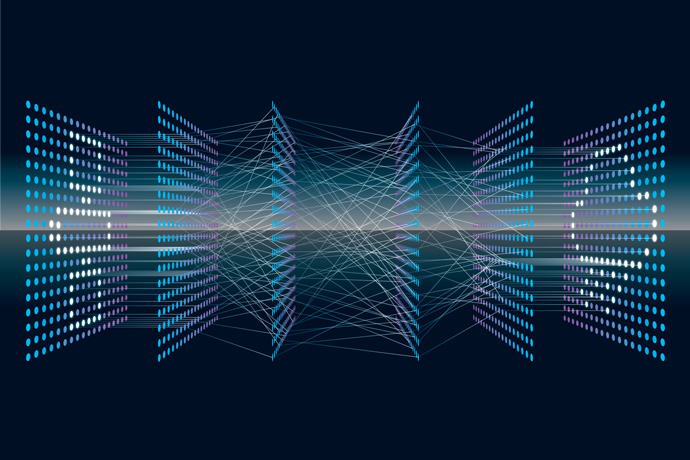
Host
Massimo Bonavita
Speaker
Alban Farchi
Alban Farchi is a recently hired permanent researcher at CEREA. He works in the field of data assimilation for the geosciences with application to atmospheric chemistry. Currently, he is a visitor of the ECMWF where he works on machine learning applications to numerical weather forecasts.
Abstract
Recent developments in machine learning (ML) have demonstrated impressive skills in reproducing complex spatiotemporal processes by efficiently using a huge amount of data. ML methods rely on flexible and parallelisable tools to enable optimisation in high dimension. However, contrary to data assimilation (DA), the underlying assumption behind ML methods is that the system is fully observed and without noise, which is rarely the case in numerical weather prediction. In order to circumvent this issue, it is possible to embed the ML problem into a DA formalism characterised by a cost function similar to that of the weak-constraint 4D-Var (Bocquet et al., 2019; Bocquet et al., 2020). In practice ML and DA are combined to solve the problem: DA is used to estimate the state of the system while ML is used to estimate the full model. This approach has been implemented and successfully tested with low-order one-dimensional models. Using a sufficiently long trajectory of the model, they are able to reconstruct the model dynamics.
In realistic systems, the model dynamics can be very complex and it may not be possible to reconstruct it from scratch. An alternative could be to learn the model error of an already existent model using the same approach combining DA and ML. The feasibility of the method is first tested using the QG model developed in OOPS. In this presentation, we briefly describe the QG model and the kind of model error that will be learnt. We then show the results of preliminary ML experiments, and we present what will be the next steps of the study.
Bocquet, M., Brajard, J., Carrassi, A., and Bertino, L.: Data assimilation as a learning tool to infer ordinary differential equation representations of dynamical models, Nonlin. Processes Geophys., 26, 143–162, 2019
Bocquet, M., Brajard, J., Carrassi, A., and Bertino, L.: Bayesian inference of chaotic dynamics by merging data assimilation, machine learning and expectation-maximization, Foundations of Data Science, 2 (1), 55-80, 2020